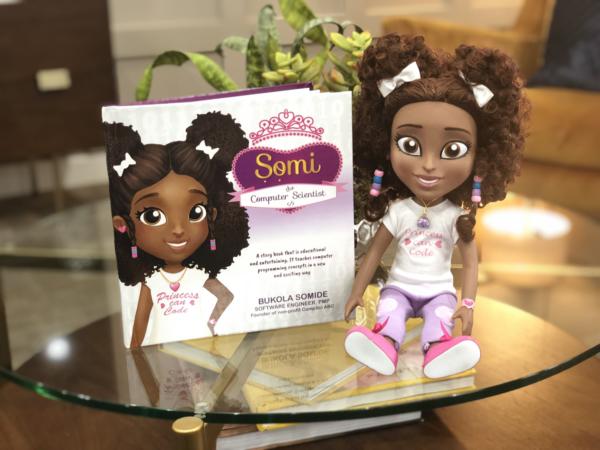Showing 2 results for:
software engineer
Popular topics
All results

The feeling of imposter syndrome can come in many different shapes and sizes, especially for Black professionals working in tech. Christine (‘Tine) Zekis, a backend software engineer at Chime, has considered herself an “imposter,” and she has mastered how to conquer the feeling that most consider uncomfortable. Zekis plans to take a deep dive into this topic at the upcoming 2021 AfroTech Conference on a panel titled “Imposter Syndrome: Slaying the Beast.” View this post on Instagram A post shared by AfroTech (@afro.tech) VeryWell Mind defines imposter syndrome as an internal experience of believing that you are not as competent as others perceive you to be. People often feel self-doubt, sabotage their success, overachieve and set challenging goals when experiencing imposter syndrome. While Black professionals may experience imposter syndrome the most, the phenomenon doesn’t discriminate; it can affect anyone. Zekis said she feels imposter syndrome often, and overcoming it is a...

The underrepresentation of minorities in technology has long been a barrier to higher income generation and career advancement. According to a troubling report on equity in technology , minority women constitute less than 10 percent of U.S. women earning undergraduate degrees in computer science. Equally concerning is the significant achievement gap in the percentage of minority males graduating with computer science degrees when compared to the accelerated pace of their white counterparts. Software engineer and inventor Bukola Somide is working to change these disturbing statistics by motivating young people of color to learn more about technology. To advance computer science education in underserved communities, Somide has developed a range of pioneering products for children. She created a children’s book series entitled “Somi the Computer Scientist: Princess Can Code,” and recently brought the book’s title character to life with a new invention: the Somi doll. The interactive...